Urinary incontinence
Urinary incontinence, also known as involuntary leakage of urine, is a condition in which a person has difficulty controlling the flow of urine. This can result in accidental leakage of urine, either in small amounts or in more severe cases, complete loss of bladder control. Urinary incontinence can be both physically and emotionally taxing, and it can affect a person’s quality of life and self-esteem.
There are several types of urinary incontinence that can affect individuals. The most common type is stress incontinence, where leakage occurs during physical activity or pressure on the abdominal wall, for example when coughing, sneezing or lifting heavy objects. Another type is urge incontinence, where there is a sudden and intense urge to urinate, and the person has difficulty holding back the flow of urine.
Overflow incontinence is another type where the bladder does not empty completely, causing it to constantly leak small amounts of urine. There is also functional incontinence, which occurs when a person is unable to reach the toilet in time due to physical or mental limitations.
The causes of urinary incontinence can vary. In women, weakness of the pelvic floor muscles after childbirth or menopause may play a role. In men, prostate enlargement can be a cause. Other factors that can contribute to urinary incontinence include obesity, smoking, certain medications, urinary tract infections, and neurological disorders.
To diagnose urinary incontinence, health personnel at Groruddalsklinikken will carry out a thorough assessment of the patient’s symptoms and medical history. This may include a physical examination, blood tests, urine tests and perhaps also an ultrasound or cystoscopy to examine the bladder and urinary tract more closely.
The treatment of urinary incontinence will depend on the cause and severity of the condition. There are several treatment options that can help patients manage or reduce urinary leakage. This may include pelvic floor training, where the patient learns to strengthen the pelvic floor muscles through specific exercises. Drug treatment may also be appropriate for some patients, especially those with urge incontinence. In more severe cases, surgery may be needed to correct underlying problems causing urinary incontinence.
In addition to medical treatment, it may be helpful for patients to make some lifestyle changes to manage urinary incontinence. This can include maintaining a healthy weight, avoiding foods and drinks that can irritate the bladder (such as caffeinated drinks and spicy foods), and establishing good toilet habits, such as going to the toilet regularly and not staying too long.
Groruddalsklinikken is a recognized clinic that specializes in the treatment of various medical conditions, including urinary incontinence. The clinic has an experienced team of healthcare personnel who are dedicated to providing patients with the best possible care and treatment. At Groruddalsklinikken, patients will be met with professionalism, empathy and respect, and their individual needs will be taken into account when it comes to diagnosing and treating urinary incontinence.
More about urology
Our treatments
Price
Why Groruddalsklinikken?
Groruddalsklinikken’s vision is to offer high-quality health services with short waiting times.
We can offer health services both to those who do not have a referral from their GP, to those who have a referral from their GP or to those who are waiting for treatment at the hospital or waiting in the hospital queue.
If you have health insurance, you can contact your insurance company about getting treatment with us.
Groruddalsklinikken has a broad and relevant range of healthcare services with high quality and good accessibility for everyone. With us, you should always feel safe and looked after.

Specialists
Groruddalsklinikken’s medical services include many specialist areas within the specialist health service, including day surgery.

Surgery
Groruddalsklinikken believes that you as a patient deserve and should have quick medical attention without having to wait for several hours to receive health care.

Physical treatment
We offer a chiropractor, physiotherapist, acupuncturist and masseur at GRD. We have modern devices for pressure wave treatment and ultrasound diagnostics and follow up the patient from A to Z.

